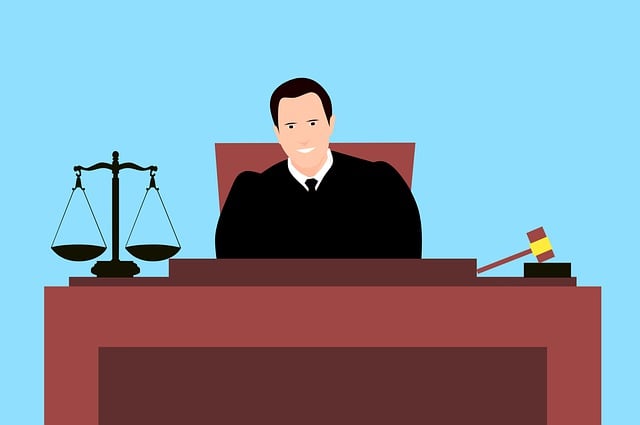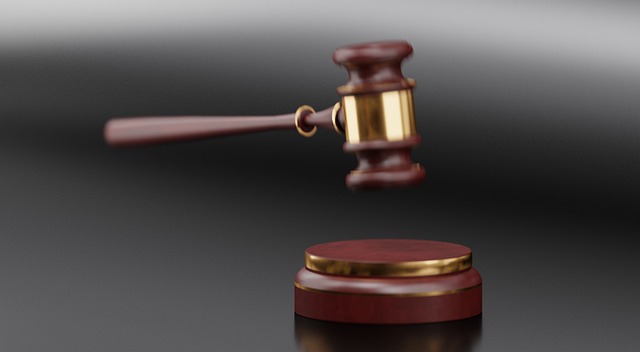Medical negligence occurs when healthcare providers fail to meet accepted standards of practice, forming the core of medical malpractice cases. A qualified medical negligence attorney examines these standards, assesses adherence during treatment, and builds a case by comparing the defendant's actions (or inactions) to ordinary healthcare professionals' conduct in similar situations, using expert witness testimony. Robust evidence, including medical records and expert opinions, is crucial to prove negligence. Attorneys gather and organize this evidence to demonstrate the expected standard of care, breach of that standard, causation, and damages, ultimately advocating for the victim's rights and accountability from healthcare professionals.
A medical negligence attorney plays a crucial role in holding healthcare providers accountable for their mistakes. When a patient suffers due to a doctor’s or hospital’s failure to meet the accepted standard of care, legal action may be necessary. This article guides you through the process of proving medical negligence. From understanding the definition and gathering evidence, including expert opinions and medical records, to presenting a compelling case in court, discover the strategies that can secure justice for victims of medical malpractice.
- Understanding Medical Negligence: Defining the Standard of Care
- Gathering Evidence: The Role of Expert Witnesses and Medical Records
- Presenting a Compelling Case: Strategies for a Successful Legal Argument
Understanding Medical Negligence: Defining the Standard of Care

Medical negligence occurs when a healthcare professional fails to adhere to the accepted standards of practice within their medical community. This standard of care is a crucial element in any medical malpractice case, as it serves as the baseline for determining whether a doctor or medical facility acted responsibly. A qualified medical negligence attorney will carefully examine this standard and assess if it was met during the patient’s treatment.
The definition of the standard of care varies depending on the procedure and the specific circumstances. For instance, in a simple case of misdiagnosis, the standard might include accurately interpreting test results and considering all relevant symptoms. In more complex procedures like surgery, it could involve pre-operative assessments, informed consent discussions, and adherence to sterile techniques during the operation. Understanding these standards is vital for building a strong case, especially when comparing the actions (or inactions) of the defendant to what an ordinary healthcare professional would do in similar situations, often relying on expert witnesses to provide valuable insights.
Gathering Evidence: The Role of Expert Witnesses and Medical Records

A critical step in proving medical negligence is gathering robust evidence. This often involves enlisting the aid of expert witnesses—such as other doctors or healthcare professionals—who can opine on whether the defendant’s actions (or lack thereof) fell below the acceptable standard of care. These experts scrutinize medical records, test results, and treatment plans to form their conclusions.
Medical records play a pivotal role in documenting patient history, diagnoses, and treatments received. They serve as a comprehensive narrative of the patient’s experience, which a medical negligence attorney can use to identify deviations from accepted practices. In cases like slip and fall injuries or nursing home neglect, these records become even more crucial, potentially revealing missed opportunities for prevention or inappropriate responses to urgent situations.
Presenting a Compelling Case: Strategies for a Successful Legal Argument

A medical negligence attorney presents a compelling case by meticulously gathering and organizing evidence that demonstrates the standard of care expected from the healthcare provider and the breach of that standard in the treatment of their client. This includes medical records, expert opinions from other specialists, and witness testimonies from professionals who can attest to the accepted practices in the medical field. By presenting clear and convincing evidence, the lawyer ensures that the jury or judge understands the severity of the medical error and its impact on the patient’s health.
Additionally, strategic legal arguments are built around the principles of causation and damages. The attorney must prove that the negligence directly caused the harm suffered by the patient, linking the healthcare provider’s actions (or inactions) to the adverse outcomes. This involves a thorough analysis of the medical history, expert testimony on the expected outcomes without the error, and an assessment of the actual consequences. Effective case presentation also incorporates persuasive storytelling, humanizing the client’s experience to evoke empathy and underscoring the importance of holding healthcare professionals accountable for their actions through legal channels, similar to how a car accident lawyer would advocate for victims in personal injury cases involving insurance disputes.
Proving medical negligence requires a meticulous approach, where a skilled medical negligence attorney gathers evidence, scrutinizes medical records, and employs expert witnesses to establish a clear violation of the standard of care. By employing strategic legal arguments, these attorneys ensure that patients receive justice and appropriate compensation for the harm caused by medical malpractice. Relying on comprehensive knowledge of both medical practices and legal procedures, they navigate complex cases, ultimately holding healthcare providers accountable.






